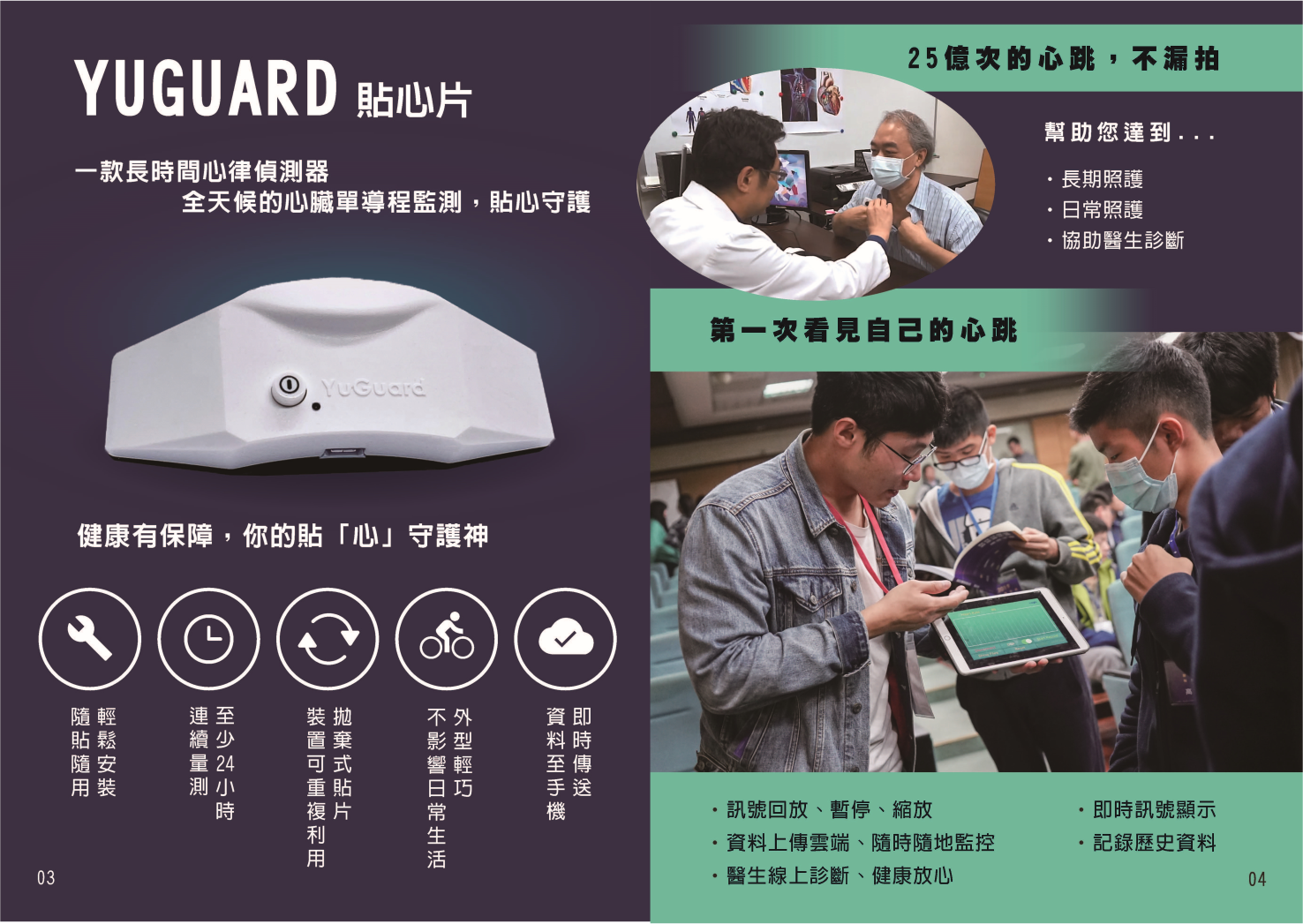


Electrocardiography (ECG) is a fundamental method not only commonly used in the hospital for clinical requirements but also widely adopted in home and personal healthcare systems to obtain the electrical activity of the heart. An arrhythmia monitoring system (product name: YuGuard) is proposed and used in a clinical trial. The proposed system has three parts. The first is a high-resolution, low-power analog front-end circuit for implementing bio-signal sensing circuits. The features of the circuits are low complexity, high resolution, and low power consumption. The second part is a digital signal processor with a decimation filter and a universal asynchronous receiver/transmitter package generator. The last part is used to realize a software interface on the smartphone for ECG signal recording, display, and classification. A wavelet-based classification method is also proposed to classify the rhythm. The chip used in the system is fabricated through the TSMC 0.18 μm standard CMOS process. The classification algorithm is verified with data from the MIT/BIH Arrhythmia Database. The accuracy of beat detection and arrhythmia classification is 99.4% and 95.83%, respectively. Patients in Tainan Hospital are enrolled in a human study to verify the performance of the proposed arrhythmia monitoring system. Results show that the system can acquire and classify ECG signals.
Due to NCKU’s rapid development, the R&D Committee has become increasingly important. In order to meet the needs of NCKU's academic research planning, integration, industry cooperation and academic cooperation, it has become an independent operating unit for practical functions. Therefore, in the 5th University Council of the 1994 academic year, the R&D Committee was renamed the Office Of R&D(ORD) after the amendment of Article 8 of NCKU’s organizational regulations. NCKU Regulations Governing the Establishment of the Office of Research and Development were approved in the 7th University Council of the same academic year. In addition to the original three divisions, the instrumentation equipment center was established for integration and planning of NCKU’s relevant instrumentation and equipment, bringing further into play the overall function of ORD, which will be more beneficial to NCKU’s teachers and students. In June 2006, the Office of International Academic was established. The Academic Cooperation Division of ORD Department was converted into the International Cooperation Division and shifted to the Office of International Academic. Original URL: History and Vision https://en.ord.ncku.edu.tw/article-history.html The copyright belongs to the author. For commercial reprints, please contact the author for authorization, and for non-commercial reprints, please indicate the source.
Name:Yu-Kai Kang
Phone:886-6-221-6189
Address:Rm. 4, 7F., No. 153, Sec. 2, Minzu Rd., West Central Dist., Tainan City 700, Taiwan (R.O.C.)
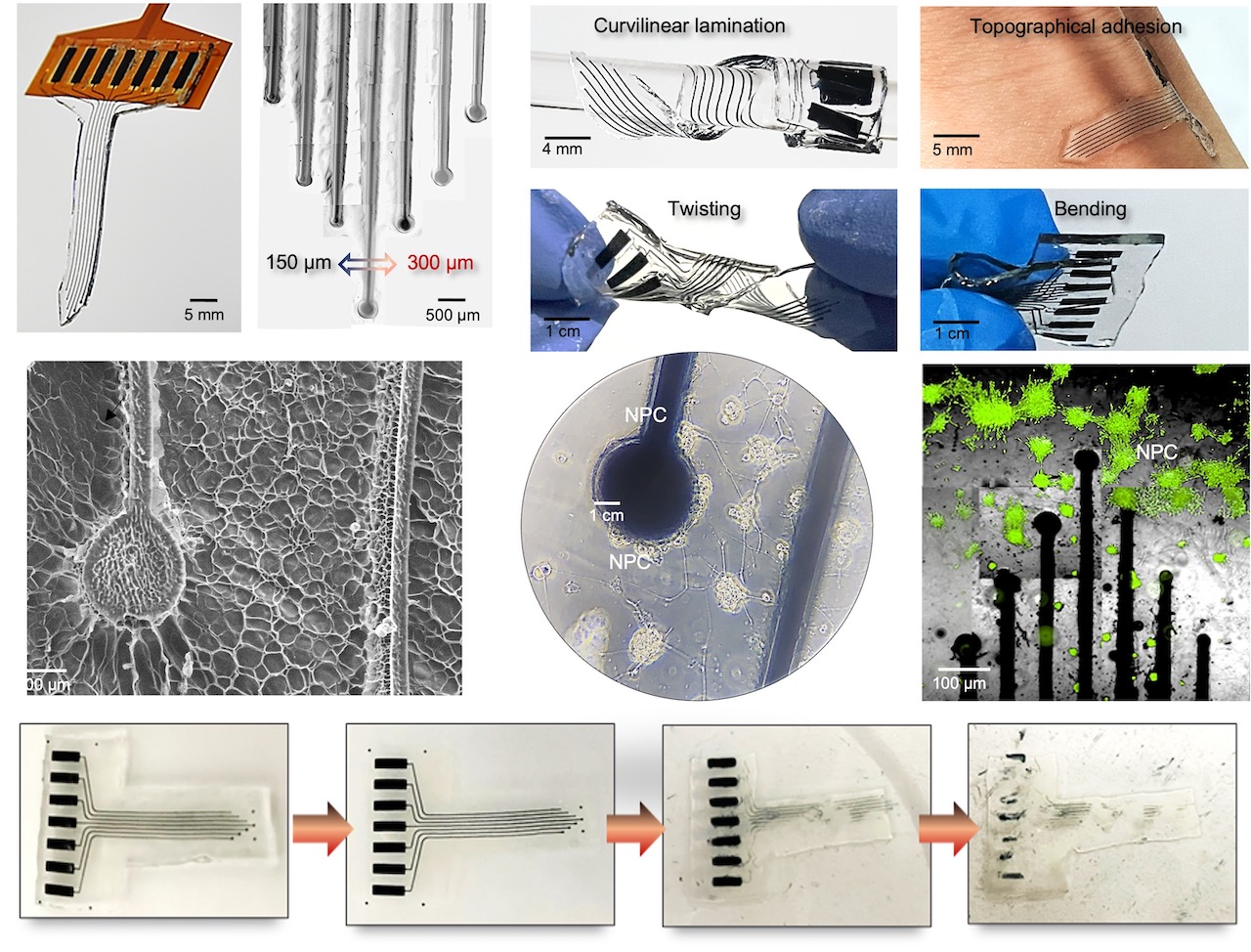
Degradable Implantable Flexible Microelectrode Patch with High-Resolution Electrical Stimulation, Electrophysiological Signal Sensing, and Cellular Regenerative Therapy
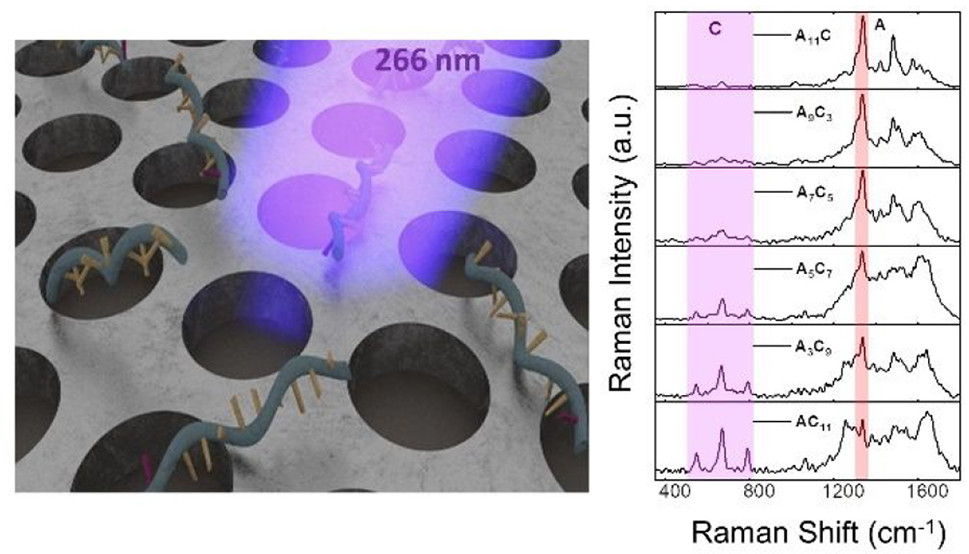
Demonstration of a Superior Deep-UV Surface-Enhanced Resonance Ram an Scattering (SERRS) Substrate and Single-Base Mutation Detection in O ligonucleotides
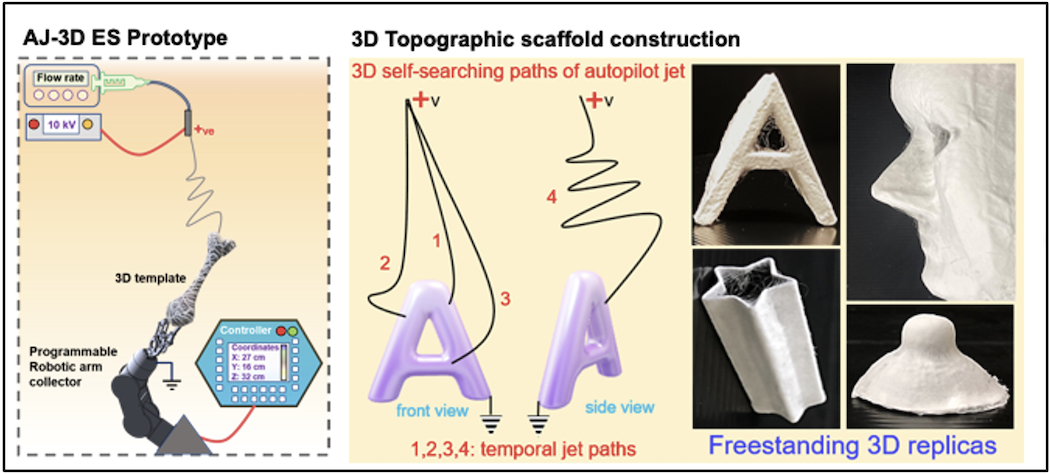
Novel Autopilot Jet-Based Electrospinning for Fabricating Functional 3D Scaffolds for Tissue Engineering and Regenerative Medicine Applications
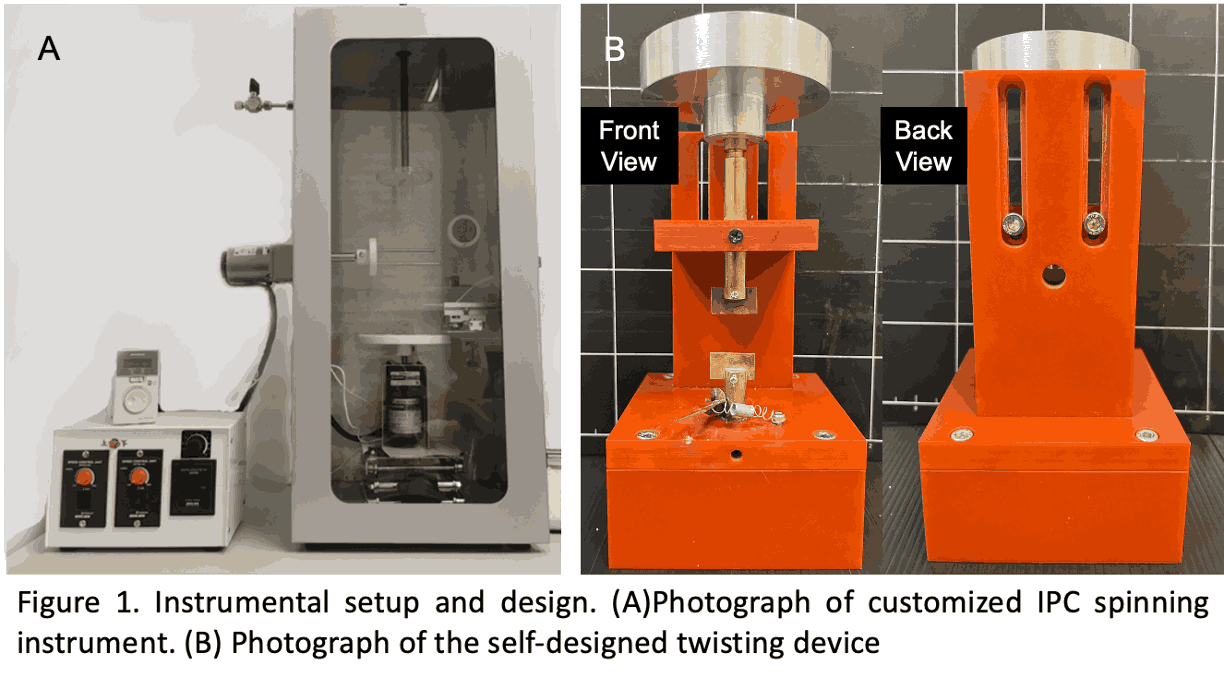
Bioinspired Artificial Ligament Fabricated by Interfacial Polyelectrolyte Complexation Technique for Ligament Regeneration
Technology maturity:Mass production
Exhibiting purpose:Display of scientific results、Product promotion
Trading preferences:Negotiate by self
Coming soon!